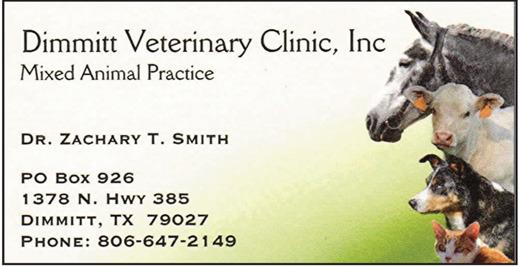Springtime brings a vibrant burst of life and marks a time when many puppies are born. As a result, peaks in canine health concerns that can impact puppies in the months after they are born.Among these is parvovirus, a highly contagious and potentially deadly disease.
Dr. Kathleen Aicher, an assistant professor at the Texas A&M School of Veterinary Medicine & Biomedical Sciences, explains why parvovirus is so contagious between dogs, emphasizing the vulnerability of puppies and how crucial vaccinations and treatment are in preventing the infection from spreading.
There are several factors that make parvovirus a highly contagious infection that can be fatal without prompt and intensive veterinary care.
“Parvovirus is very easily transmitted between dogs because it takes very little exposure to cause infection, and dogs who are infected can shed the virus for a few days before they exhibit symptoms, unknowingly exposing other dogs to the virus,” Aicher said. “The virus is also very resistant to extreme temperatures and cleaning, so it can remain in the environment for a long time, putting dogs at further risk.”
Parvovirus is especially dangerous for puppies, who have weaker immune systems compared to adult dogs and are highly susceptible to parvo until they are fully vaccinated.
In fact, most puppies and dogs that get sick with parvovirus either have not been vaccinated or have not yet completed their vaccination schedule.
Vaccinations against parvovirus — which have significantly reduced the number of infected dogs — should initially be given by veterinarians when puppies are 6-8 weeks old, followed by boosters up to 16-20 weeks old.
Until they are fully vaccinated, Aicher encourages owners to keep their puppies away from areas where dogs congregate, such as dog parks, doggy day care, boarding facilities, and pet stores, particularly if they are displaying any signs of illness.
Despite the effectiveness of vaccines, owners should remain aware of parvovirus symptoms, as early detection and treatment can make a significant difference in recovery for puppies.
Because of how infectious parvovirus is, Aicher advises owners to contact their veterinarian before bringing in a sick puppy for an appointment, allowing the veterinarian’s office to take precautions that protect both the puppy and other dogs in the hospital.
“Many veterinary hospitals will treat any sick puppy as a parvovirus suspect until proven otherwise, which means they might wear protective gear, use a special exam room, or want to test your puppy for parvo before bringing them into the hospital,” Aicher explained. “The typical test for parvovirus is very easy to perform and results can be obtained very quickly.”
Despite the dangers of parvovirus, the impact of the disease can be reduced with proper vaccination and swift veterinary care, ensuring that puppies grow up healthy and happy.


